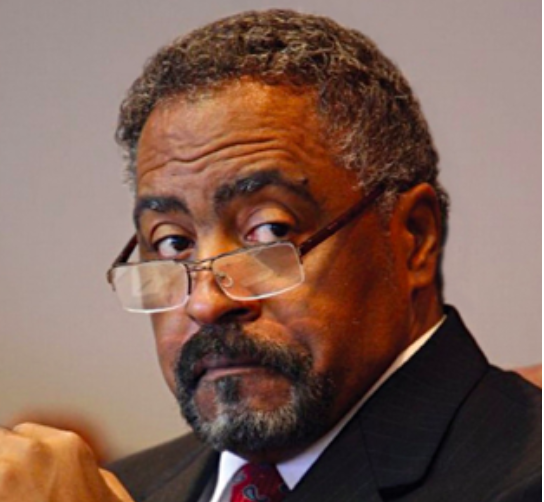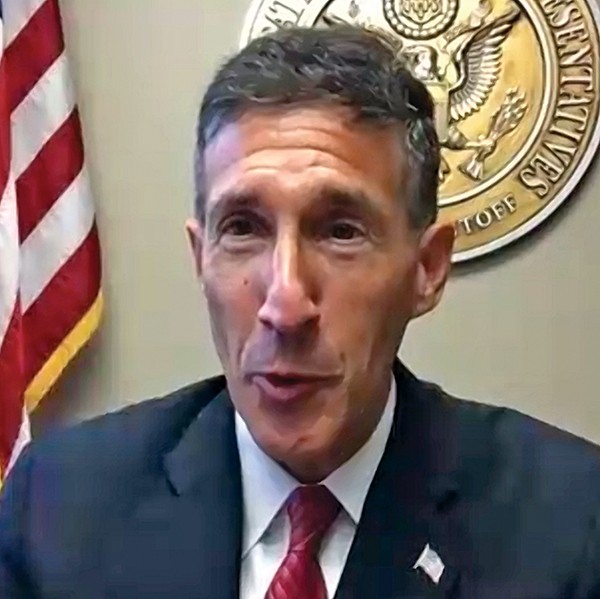
State Rep. Tom Leatherwood
Back in 1992, the Shelby County Republican Party, under its then new chairman Phil Langsdon, resolved to put a move on the Democrats and petitioned the local Election Commission to have a Republican primary for the offices of Assessor and General Sessions Clerk, the two countywide offices scheduled for that year’s election.
Up to that point, races for all the county offices required by the state constitution or county charter were nonpartisan, and coalitions of candidates’ supporters could and did cross all kinds of party and ideological lines at election time.
Unofficial estimates of party affiliation favored Republicans at the time, and the local GOP wanted to take advantage of the fact while there was still time, before ongoing population shifts created an African-American majority in the county, one inevitably inclined to be heavily Democratic. (An emergent African-American majority in Memphis had just elected Willie Herenton, the city’s first Black mayor.)
The GOP got its primary, and its nominees easily won the two races on the ballot that year, running against incumbents without party labels. In 1994, with a fuller roster of county offices on the ballot, the GOP held another primary, and its nominees swept the general election against independent candidates and candidates “endorsed,” but not officially nominated, by the county’s Democrats.
That was enough to cause the Democrats to resolve thenceforth on partisan primaries of their own for countywide office, and ever since, both parties have conducted primaries for all county offices.
Though many local Republicans began to worry that their party was pressing its luck, the GOP’s momentum was such that it even carried the party’s candidates past the 2010 census, when the long-foreseen ethnic population shift occurred in the county at large. Republicans swept that year’s county offices, too, and continued to do well vis-a-vis Democratic nominees in the next several countywide elections.
Things changed big-time with the “blue wave” election of 2018, won resoundingly by Democrats over their Republican counterparts. And in the 2020 election just concluded, the pattern of Democratic demographic superiority resoundingly repeated itself.
One result was House Bill 1280, introduced in the Tennessee General Assembly this year by District 99 state Representative Tom Leatherwood. The bill would require that “in any county with a population greater than five hundred thousand (500,000), according to the 2010 federal census or any subsequent federal census, regardless of the form of government, elections for all offices that are elected in a countywide election and elections for the legislative body must be nonpartisan.” The bill also mandates nonpartisan elections for judicial offices in counties so populated.
It will be observed that only two Tennessee counties have populations that large and would be affected — Shelby and Davidson (Nashville), the same two counties that, by similar mathematical pre-selection, were singled out in Governor Bill Lee’s 2019 school voucher bill, which was held discriminatory and unconstitutional by the courts, but which is undergoing judicial appeal at the moment.
HB 1280, should it pass, is likely to undergo similar adjudication. But the Shelby County Commission is acting to head off the measure now before it can get to the law books.
By a 7-2 vote in committee on Wednesday, the Commission adopted a resolution opposing the measure, which will come up for a vote before the Commission’s next public meeting on Monday.
“We’ve been here before. This is like the voucher bill,” Commissioner Van Turner reminded his colleagues. The two votes against opposing HB 1280 came from Brandon Morrison and David Bradford, both Republicans.
Incidentally, that part of the proposed measure applying to judicial elections would affect only Davidson County, which currently does have partisan elections for judges, but none for expressly political positions.




 JB
JB 

